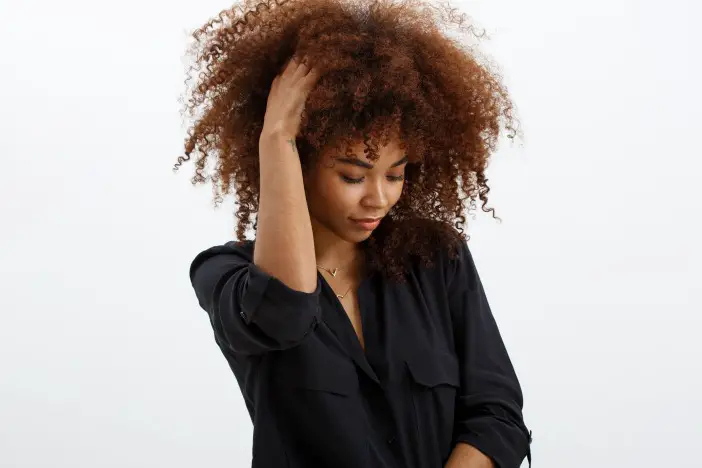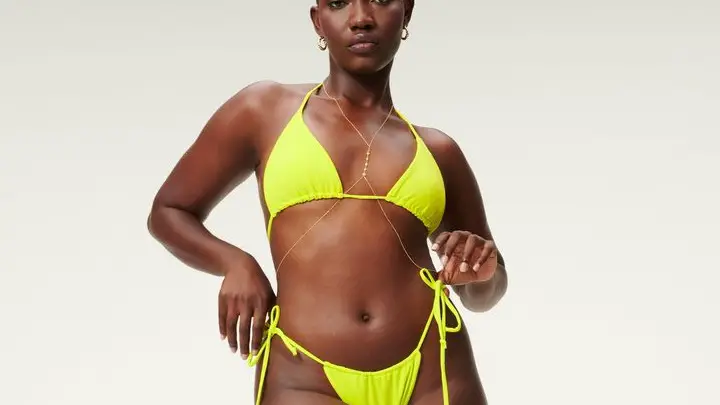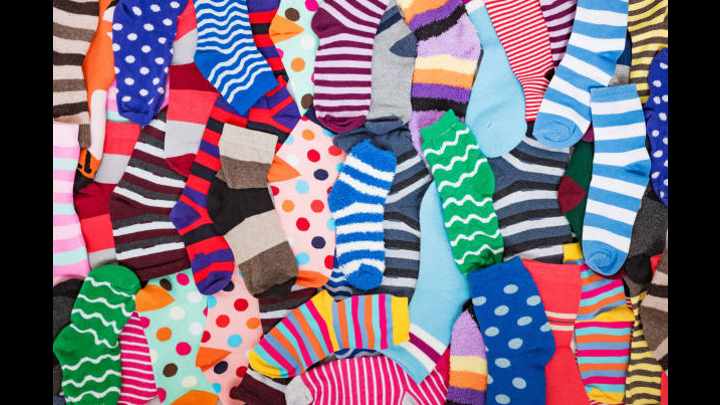There are quite some reasons why you would be experiencing hair loss. The act is devastating and could mess with your lifestyle balance more than you want it to, causing more harm than good.
At one point or the other, someone would have faced losing hair before. But the good news is it can be treated. However, to know how to treat your hair loss, you have to know what causes it.
A note for yesterday-borns is that hair loss is common not only to men. It affects all sexes. Also, the causes of hair loss can range from simple and temporary to more complex conditions that affect the whole body.
There are already several reasons you could be experiencing thinning hair. But have faith, you can treat them once you identify the possible reasons.
Reasons Why You Are Experiencing Hair Loss

Hair loss can put a dent in your lifestyle, however, it doesn’t have to stop it. Several more underlying factors play a part in your hair loss. But at the root of it all, one of the following reasons might be why you are experiencing hair loss.
1. Stress
Stress is an underlying problem for many sudden changes in our bodies. This is because the body perceives stress the same way it perceives physical pain. According to the dermatologist, Dr. Michelle Henry, in a post on Health, “Dramatic stressor on the body can cause hair growth to halt. And when it does, it sheds.”
Just as the body cannot handle extreme physical stress, so does mental stress affect the body. During this state, the hormone cortisol is released when the body is stressed. This hormone affects the follicles, making them weaker, thus shedding the hair it holds.
2. Alopecia
Alopecia can be described as baldness. It is divided into three types which include alopecia areata, traction alopecia, and androgenic alopecia.
Alopecia areata
This has to do with an autoimmune condition that causes your hair to shed suddenly. The condition exists when the immune system attacks the hairs on the body, including the hair follicles. The condition affects all people of ages, sexes, and ethnic backgrounds.
The hair loss experienced with alopecia areata can be from mild to extreme hair loss. The rate at which your hair would grow back is unknown too. However, seeing a professional or a dermatologist is the first step to getting help.
Traction alopecia
This is caused by putting your hair in strenuous styles. For instance, a tight ponytail or braids that hurt. This leads to your hair breaking or bald spots and thinning hair.
This type of alopecia is easy to treat and doesn’t need medical attention, just a simple trip to your hairstylist and a good treatment for your hair.
3. Pattern Baldness
Pattern baldness or androgenetic alopecia is common in both men and women. It is caused by a combination of hormones and genes. For men, it is characterized by receding hairline from the temple back, leaving an oval or M shape. For women, it starts from the center of the hair, forming a ring-shaped airline.
Androgenetic alopecia is caused by the shrinking of the hair follicles over time, leaving no room for new hair to grow. The genetic condition affects over 30 million women and 50 million men in the United States.
Pattern baldness is usually inherited. It is passed through genes. Also, it starts showing as one age and from puberty.
4. Before and After Pregnancy
During pregnancy, the hormones in the body are constantly changing. You will experience increased hormones when you are pregnant. This could also increase your hair volume or pause the hair phase. But after giving birth, your body returns to normal, which means your hair phase cycle is moving.
After giving birth, some women experience hair loss. This is because the unshed hair when your cycle paused is starting to come out.
However this may look, it is actually not a bad thing. Losing hair after pregnancy is very natural, and the shedding will stop over the course of weeks.
5. Medications
There are side effects to some drugs you take, and hair loss is part of them. Drugs for antidepressants, bipolar, or mood stabilizers can cause hair loss when used.
Other medications that might cause hair loss include blood thinners, Accutane, beta-blockers, antibiotics, antifungal, and cholesterol-lowering drugs.
The best way to avoid experiencing hair loss due to medications is to read the label of your prescription for side effects.
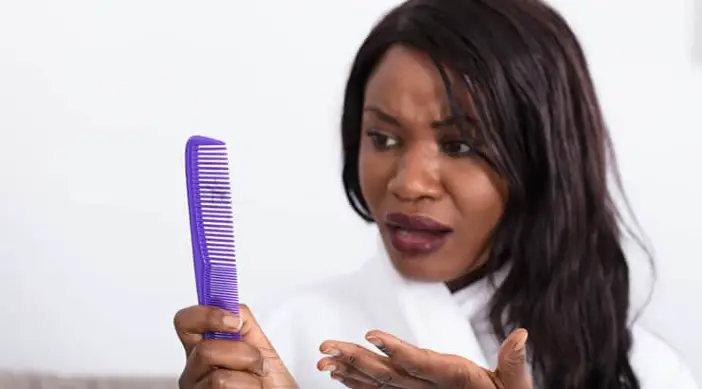
6. Menopause
One of the characteristics of menopause is changing hormones. There is a large drop in estrogen, leading to changes in the body. The changes include mood swings, hot flashes, and occasional hair loss.
Sometimes menopause can cause androgenetic alopecia if it existed in genes before the period.
7. Thyroid Problem
Be it hyperthyroidism or hypothyroidism, you can experience hair loss with this. The conditions cause hormonal imbalance in the body, therefore it is natural to lose hair.
Hormones are in charge of almost everything in our body functioning well. And when you experience thyroid hormonal imbalance, it could lead to experiencing hair loss.
Thyroid issues may cause not only your hair to fall out. You might experience shedding or thinning hair in other parts of your body, like your eyebrows and legs.
8. Weight Change
Extreme dieting could lead to you experiencing hair loss. When you dramatically change your weight, the trauma could affect your hair growth. Some sudden weight loss shock could put your body in stress mode, making it react.
Also, some nutrients might become unbalanced in your body system. This is why you need not rush your dieting. Easing your body into a routine over time would help your body get adjusted to a weight loss diet.
9. Vitamin Deficiency
When the body’s level of vitamin is low, it could lead to experiencing hair loss. Vitamin D and zinc are essential in your diet. They have also been linked to hair loss when there is a deficiency.
Also, too much vitamin A in the body can trigger hair loss. Health.com states that the daily vitamin A needed is 5000 IU (international unit) per day for adults and 4 for children. It’s okay to take supplements as long as they are between 2,500 to 10,000 IU.
Regulating the vitamins in your body is essential to keeping your hair loss at bay. This is why you need to eat organic foods that are good for the body.
10. Chemotherapy
Many patients who have been diagnosed with cancer have to go through chemotherapy or radiation have the fear of loss of hair.
Chemotherapy drugs can make your hair fall out. According to Dr. Marc Glashofer, “Chemotherapy destroys rapidly dividing cells, the cancer cells, and it also includes rapidly diving hair cells.”
This is why a person might experience rapid hair loss during this phase. Radiation causes hair loss but only affects the treatment area.
11. Birth Control Pills
Birth control pills control ovulation with two hormones; estrogen and progestin. These hormones might cause an imbalance in the body. Some experience it while using the pills, and others after they stopped.
Pills are not the only ones to affect the body’s hormones. Implants and skin patches may also affect the hormones and cause hair loss.
12. Anemia
When you suffer from iron deficiency or anemia, you might lose hair too. Anemia can also cause fatigue, shortness of breath, tiredness, and chest pain.
Usually, when the body’s iron level drops, it puts all efforts into regulating it, taking all energy from other parts of the body. This includes the hair follicles.
Iron deficiency is very common in young women and needs to be treated by a doctor. Checking your iron levels regularly would also help you maintain your iron deficiency.
Hair Loss FAQs
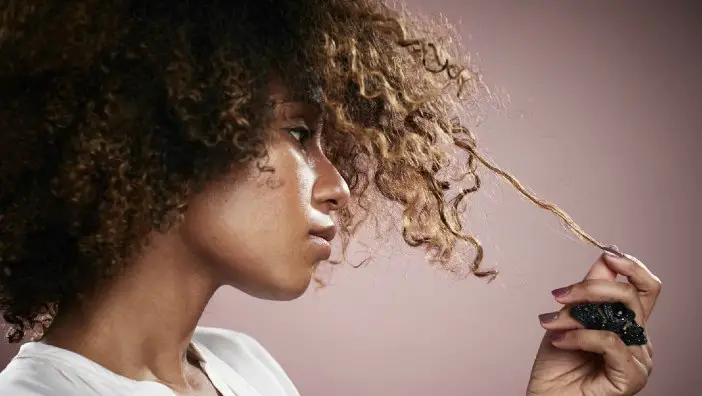
Does age affect my hair loss?
Yes, it does. Age is an essential part of hair loss. This is because as we age, the natural oil on our scalp keeps depleting, making hair weak and brittle.
Also, we are losing more cells the older we get. The body produces fewer cells during the regeneration stage of the cell cycle. This causes our body to adjust or react to it. For instance, people experience androgenetic alopecia as they get older.
Who do I see when experiencing hair loss?
There are professionals you can see to treat your hair loss issue. For instance, you see your hairstylist for hair loss caused by traction alopecia.
For deficiencies, medications, or scalp issues, you should see medical professionals like general doctors or dermatologists. A gynecologist will best help when your hair loss is due to birth control pills or postpartum childbirth.
You can see an endocrinologist who is a hormone expert for hair loss caused by hormonal imbalance. And a nutritionist will help guide your weight loss diet to keep you healthy and nourished.
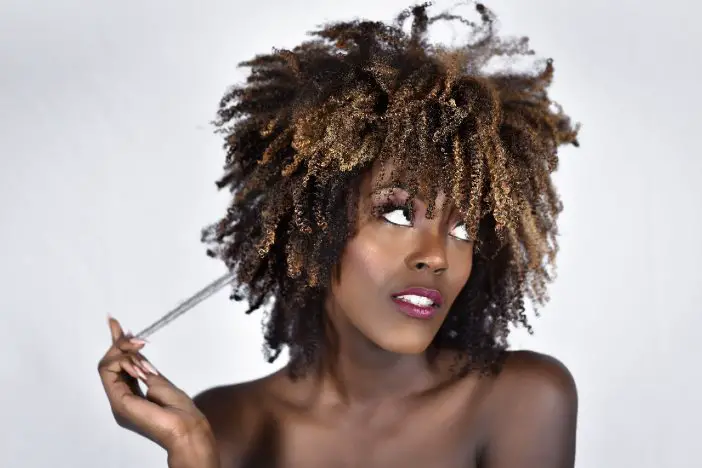
How do I treat hair loss?
Once you are experiencing hair loss, it’s natural to get treatment. There are simple to advanced ways to treat hair loss.
You can use hair products for traction alopecia, for example. Medications can also be used to treat hair loss. OTC (over-the-counter) drugs, topical creams, and gels can be prescribed as treatments.
According to the American Academy of Dermatology, a component called Rogaine (minoxidil) is a common product used for hair loss. However, it should be paired with other hair loss treatments for better results.
Doctors would prescribe the appropriate medications to treat hair loss. These prescriptions are based on the cause of your hair loss, age, and general health status. Spironolactone is an FDA-approved medication used to treat pattern baldness in females.
Then there are supplements taken to treat vitamin and iron deficiencies. Protein is essential in hair growth. Therefore, it is recommended you increase your intake.
Then there are advanced treatments like hair transplant, laser therapy, platelet-rich plasma, and scalp reduction. These procedures are usually expensive but work well for people with hereditary baldness.
Scalp reduction is a more rigorous treatment where the surgeon removes the scalp lacking hair. It could be a flap where the bald patch is folded under the hairy part. Or tissue expansion where the scalp is stretched with a tissue expander.
These surgical procedures do work. However, they can cause risks like patchy hair growth, wide scars, infection, and bleeding.
What are the simple remedies for hair loss?
There are several natural topical ways you can treat hair loss. These include using homely products help to prevent hair loss and to treat it topically. According to Healthline.com, these are the home remedies you can use:
- Coconut oil
- Fish oil
- Ginseng
- Onion juice
- A massage
- Rosemary essential oil
- Geranium essential oil
- Lemon
Can I prevent hair loss?
Yes, you can. Hair loss can be prevented in most cases.
Preventing hair loss or thinning hair has to be proactive, especially when you know it is genetic. Also, being disciplined with your hair care will save you from having to shed hair. There are also some lifestyle activities you need to practice.
Other tips you need to follow include:
- Having a balanced diet will save you from dramatic weight loss.
- Using natural remedies to help your hair stay healthy.
- Regularly washing your hair and wearing protective styles.
- Distressing yourself. Exercise to balance your energy levels.
- Take supplements to balance your nutrition deficiencies.
- Proactive treatments of your scalp for hereditary hair loss.

Conclusion
Hair loss can destabilize your daily lifestyle. There are several reasons why you might be experiencing hair loss, and they range from simple to complex. However, this does not mean they are untreatable.
For you to grow back your hair, you have to know what is causing the shedding. Also, you need to be proactive with hair loss. Treat your hair right, use good products, eat well, and reduce your stress. And if your hair loss is hereditary, you can see a specialist to start early treatment.
Africana Fashion helps improve your lifestyle with relevant wellness articles to boost your everyday living.
